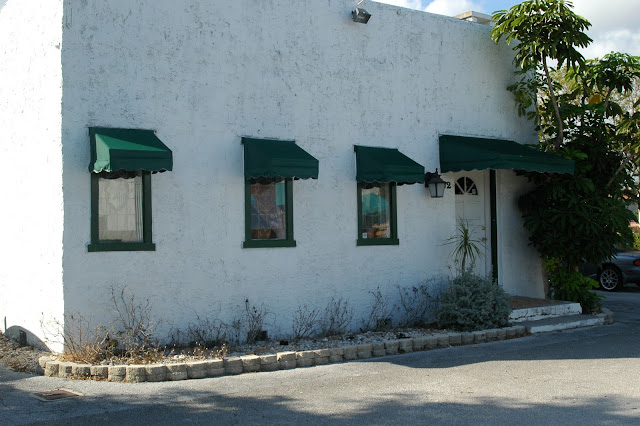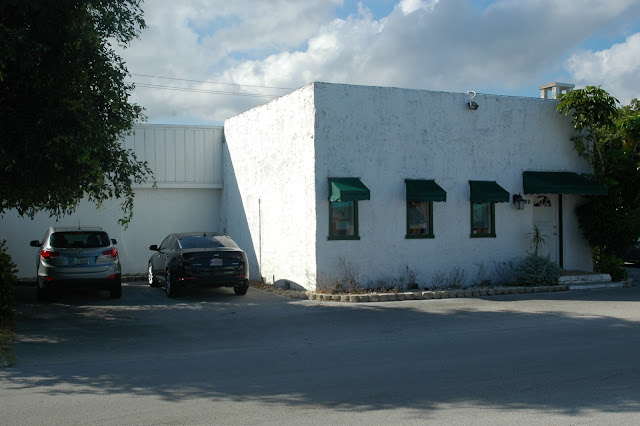Shining a Light on Medical Meetings
By Donna M. Airoldi
The Sunshine
Act doesn't take effect until 2013, but it's impacting planners today,
and the lessons they're learning have implications for other vertical
markets
Scrutiny is nothing new for pharmaceutical and medical companies,
which underwent a sea change in 2002 when they voluntarily began
following the PhRMA Code‚ a set of ethics adopted by the Pharmaceutical
Research and Manufacturers of America to address the perception of
influence on healthcare providers—and events held at resorts in exotic
locales, extravagant entertainment, and gifts for physicians virtually
disappeared.
The industry is about to undergo another major shift.
Sunshine Act Compliance
The
Physician Payment Sunshine Act (PPSA), which passed last year, requires
unprecedented reporting of payments and transfer-of-value to physicians
and other healthcare providers, including many expenses controlled by
meeting managers, such as speakers fees, continuing education, and
meals. It doesn't go into effect until March 31, 2013, but planners are
feeling the effects now‚ or at least they should be.
"Companies
need to start complying with the Act by capturing data beginning
January 1, 2012, so they can report it in 2013. Most of the attention
has been focused on how to comply, and meeting planners are very
involved in that," says Bill Cooney, president and CEO of MedPoint
Communications, based in Evanston, IL. If your company is going to
change the way it [conducts and tracks meetings and events], then you
have only six months to pilot test those changes and implement those
policies. Assuming you're going to recruit physician participants in the
fourth quarter of this year for events taking place in the first
quarter of 2012, you have only three to four months to make changes.
Proactive
companies began preparing for PPSA more than a year ago, creating or
updating their database systems to capture expenses, as well as
implementing or expanding strategic meetings management (SMM) programs.
"The
more mature pharmaceutical and life sciences companies have known this
was on the horizon for a long time," says Philadelphia-based Betty
McNulty, senior vice president of global account management and
implementation for StarCite, which works with seven of the 10 largest
pharmaceutical firms and several other medical and life sciences
companies.
For client Sanofi Pasteur, a vaccine
provider, StarCite first talked about its approach to business and what
was needed for compliance. "We were able to automate a lot of their
processes, including payments, through our Meetings 360 solution, as
well as drive adoption and provide an audit-compliance model that keeps
them on track on how to manage meetings," says McNulty. There's now a
heightened visibility around their meetings spend on an individual
healthcare provider level, as well as on therapeutic and product levels.
One of the challenges for planners and technology providers is not knowing what the Department of Health and Human Services
(HHS) report requirements will look like. HHS won't release the implementation rules until October.
It
could, for example, differentiate between F&B provided in meetings
and meals at an airport. But should those expenses be included in
F&B, or do they fall under reimbursed travel expenses? Planners
currently don't know, so many are dissecting everything now rather than
having to change to conform later. (See "Cvent Plans Strategic Meetings Management Tool for Pharma" for more information.)
Strategic Thinking
Some
planners, especially those at companies that already track spending on a
detailed level, may not think they will feel much of an impact. But the
Act is having widespread effects.
"The amount
of reporting that needs to be done is doubling the administrative
workload," says one pharmaceutical planner who requested anonymity. "We
have five planners in the department, and we're going from 400 meetings
last year to close to 500 this year."
To cope,
some pharmaceutical planners are partnering with third parties on
healthcare provider meetings, and instead of two planners being on site
at a meeting, it's now one and a third-party planner.
Spend
on physicians isn't the only data required either. Companies will need
to include addresses, physician ID numbers, dates, forms, and nature of
payments or services. "Planners should include detailed categories on
event registration forms for physician registration identification (PRI)
numbers and their field of specialty," says Helen Kalorides, meetings
management consultant for Roche Diagnostics Corp. in Indianapolis.
"Mention it in communications so doctors remember to include it. They
don't always know it off the top of their heads."
Kalorides
also recommends planners read the PhRMA Code and PPSA and learn how
both affect them, their companies, and their customers. "This will make
you a key player at your company," she says.
Transparency Troubles
PPSA
transparency is arguably as important as compliance. For meeting
managers, this means that every meeting expense to every U.S. physician
will be open to public scrutiny once the HHS website goes live on
September 30, 2013.
"It's unprecedented," says
MedPoint's Cooney. "Any time an event takes place at a restaurant, the
value of that meal will be made public for everyone to see. There are a
lot of anti-pharma people among academics, the press, and politicians.
Everyone should expect people to seize on this information to cast the
industry in a negative light."
Sound familiar?
Financial industry planners know all too well what that's like, thanks
to the AIG Effect. But while medical and pharma meetings already are
stripped down, in terms of cost, this new level of transparency puts all
expenses in the spotlight.
"For meeting
planners, the toughest part will be defending meals," says Cooney.
‚"It's easier to defend physician consulting services or speaker fees,
which have fair-market value for services. For physicians merely
attending a program and getting a meal with it, or bringing meals into
their offices for meetings, that's going to create issues."
As
planners know, a private catered event always costs more than it seems
on the surface to the general public. ‚"It's normal to pay close to $100
for a private dinner at Morton, but to the average citizen, that' a
heck of a lot for a steak that on the menu costs $45," says Cooney.
Unlike
the PhRMA Code, PPSA doesn't provide dollar values for spend, further
fueling the ironic fact that negative perceptions still trump actual
cost savings. Even if a five-star property or high-end restaurant offers
a better deal than a venue the next rung down the ladder, planners will
pay more to draw less public scrutiny.
The
public listing of doctor payments also could make physicians less
willing to accept invitations to industry events. That said, attendee
drop-off was a concern when the PhRMA Code was adopted, eliminating
higher-end perks to physicians, but that hasn’t been much of an issue,
especially when it comes to education.
"If you
develop educational initiatives based on the true needs of the target
audience, and individuals feel they will benefit from attending your
event, you'll get the right audience," says Maureen Doyle-Scharff,
senior director, team lead, medical education group for Pfizer Inc.
Transparency
can be good too. "Not many years ago, pharmaceutical and medical
associations were not transparent about the grants they were receiving
or the purposes for which they were being used,"says Mike Saxton, chief
learning officer at the American Academy of Physician Assistants (AAPA).
It's important that associations determine what their needs are first,
then find out who's interested in funding.
Virtual Cost-Saving Measures
When
planning for the impact of compliance and transparency, the first thing
companies should do is conduct an honest self study, says Cooney. "What
does the data currently look like; what is the spending per physician?
Break it out by brand. The data is not yet reportable, so companies have
a little time to determine whether they need to make changes. Do they
need to lower spend? Can virtual media accomplish the same thing as a
face-to-face meeting?"
In many cases, a viable
alternative will be a hybrid of face-to-face and virtual meetings. "Most
web conferences are clunky and not exciting. Planners can improve these
digital events by applying their creative and organizational skills to
help them run more smoothly and better use the media available," says
Cooney.
One example is virtual speaker
programs. MedPoint is working with several pharmaceutical companies that
are scaling up use of these programs, which historically had been
one-off events or niche marketing. They're also incorporating digital
elements, such as live peer-interactive sessions, voting, and texting.
"Doctors log on from their computers during breakfast or lunch time for
small group sessions," says Cooney. Keep the event brief, 15 to 20
minutes if possible, and address individual modular topics.
"Companies
need to use a mix of live and virtual," Cooney continues. "Look at the
needs of the audience, the message, the geographic locations involved,
and the cost. Take a hard look at how the events will look in the public
space. Then make the best choice."
For original article, click here.





.JPG)

.JPG)
.JPG)
.JPG)
.JPG)



